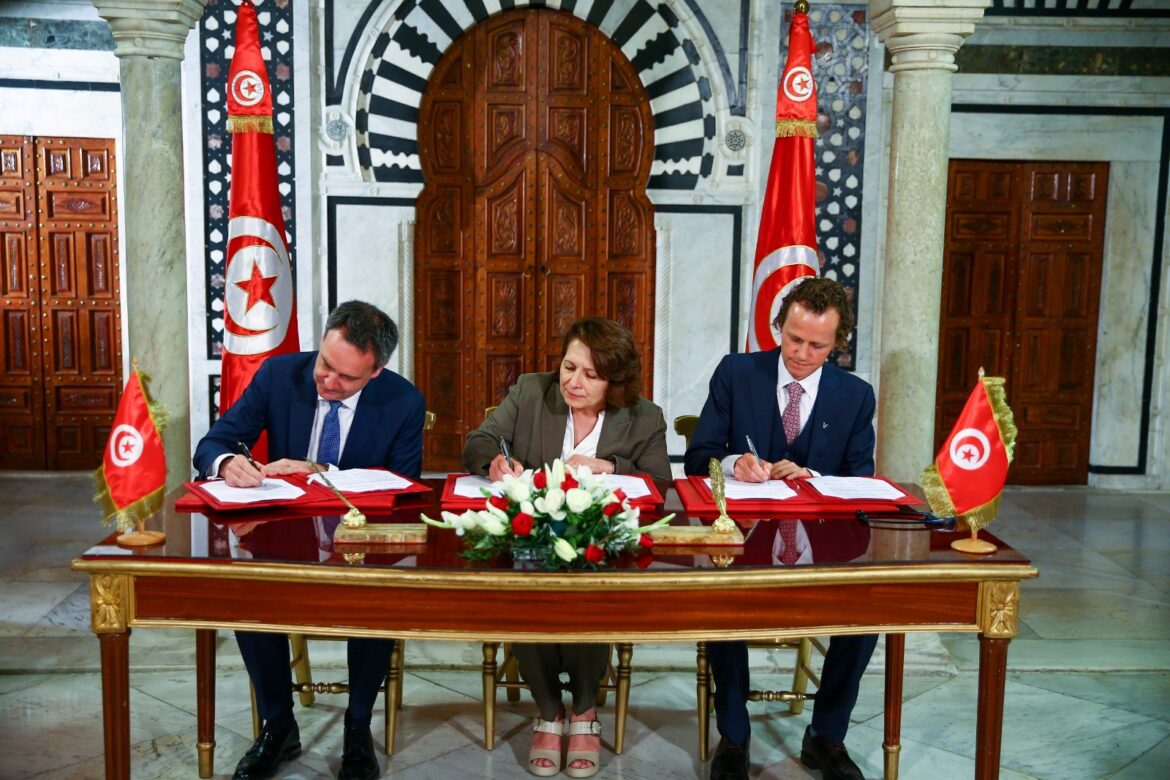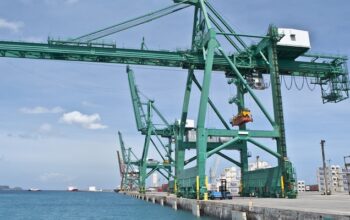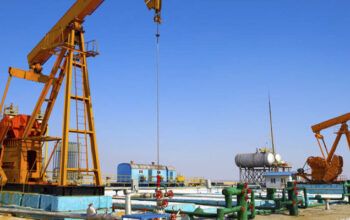TE H2, a joint venture between TotalEnergies and EREN Groupe, along with Austrian electric company VERBUND, have signed a memorandum of understanding (MoU) with Tunisia to explore the development of a substantial green hydrogen project named H2 Notos.
The H2 Notos project aims to produce green hydrogen using electrolysers powered by large onshore wind and solar projects, utilizing desalinated seawater. The green hydrogen produced will be exported to Central Europe.
Initially, the project is expected to produce 200,000 tons of green hydrogen annually, with plans to scale up to one million tons per year.
The project will benefit from access to the European market through the SoutH2 Corridor, a hydrogen pipeline project connecting North Africa to Italy, Austria, and Germany, expected to be operational around 2030.
TE H2 and VERBUND will lead the development, financing, construction, and operation of the integrated project. VERBUND will also manage the transport of the produced hydrogen to Central Europe.
David Corchia, CEO of TE H2, stated, “The signing of this MoU with the Republic of Tunisia marks the official start of this highly ambitious project after months of work and interactions with all stakeholders. We are delighted to partner with VERBUND to support the development of such a pioneering and ambitious endeavor in a strategic location.”
He emphasized that H2 Notos has the potential to become a significant supplier of green hydrogen for Europe, while creating numerous jobs in Tunisia.
“We are entering into a phase of greenfield development and major technical work to assess the feasibility of the project and will further deepen our collaboration with national and local authorities through H2 Notos.”
Fatma Thabet Chiboub, Tunisia’s Minister of Industry, Mines, and Energy, highlighted the importance of the project, stating, “This agreement with TE H2 and VERBUND marks a significant step forward in our quest for clean, sustainable energy.
Tunisia, committed to its energy transition, sees this project as a strategic pivot to enhance its attractiveness for foreign investment in renewable energies.”
VERBUND CEO Michael Strugl added, “Tunisia is a particularly important upstream region in terms of scalability and competitiveness and a significant part of VERBUND’s hydrogen plans.
By combining competitive hydrogen production in Tunisia with pipeline-based transportation, we can ensure long-term supply at scale to support our customers’ transition to green hydrogen, as well as support sustainable economic development in Tunisia.”
He expressed optimism about working with a strong consortium capable of realizing gigawatt-scale projects and looked forward to developing them in close collaboration with Tunisian authorities and the local population.
![]()




